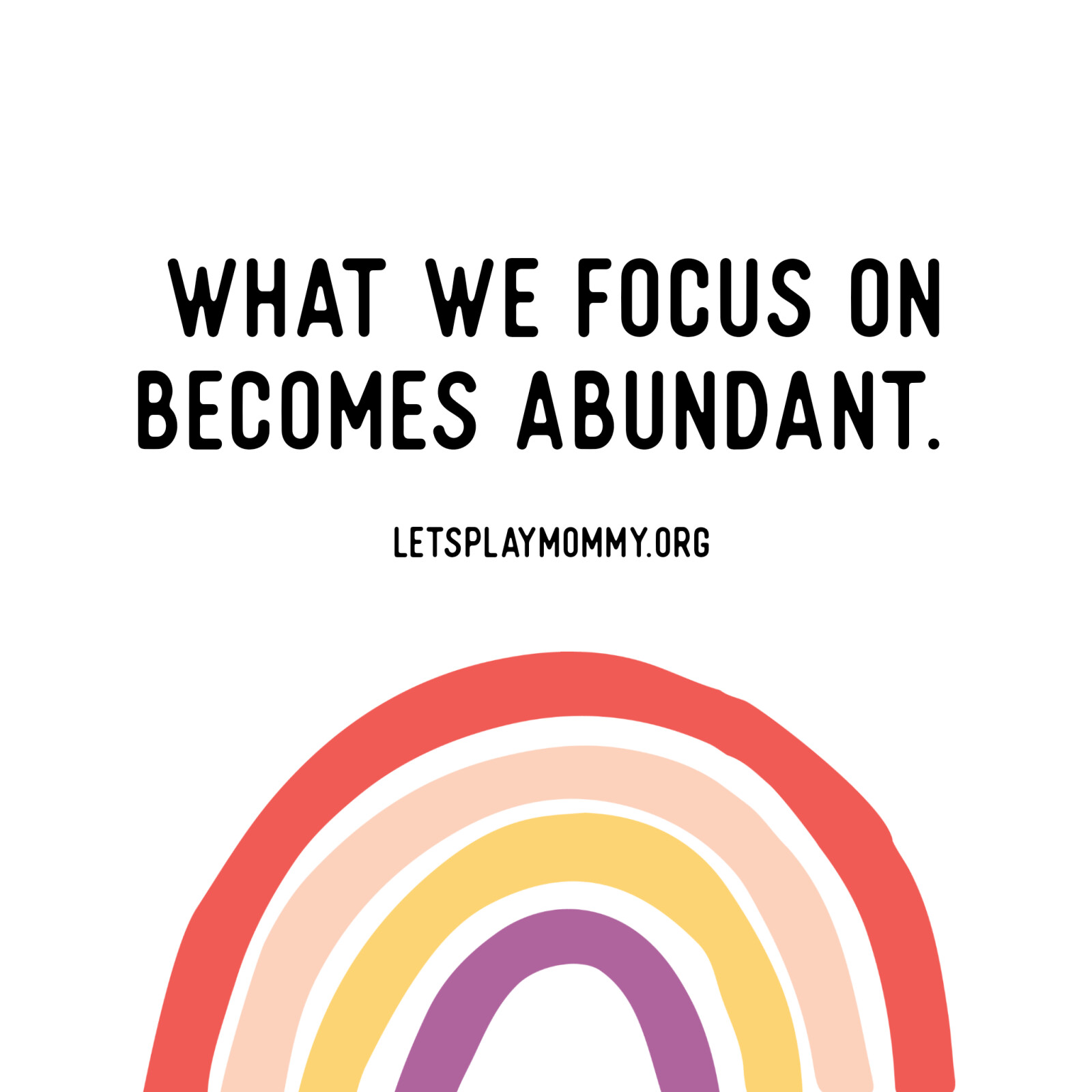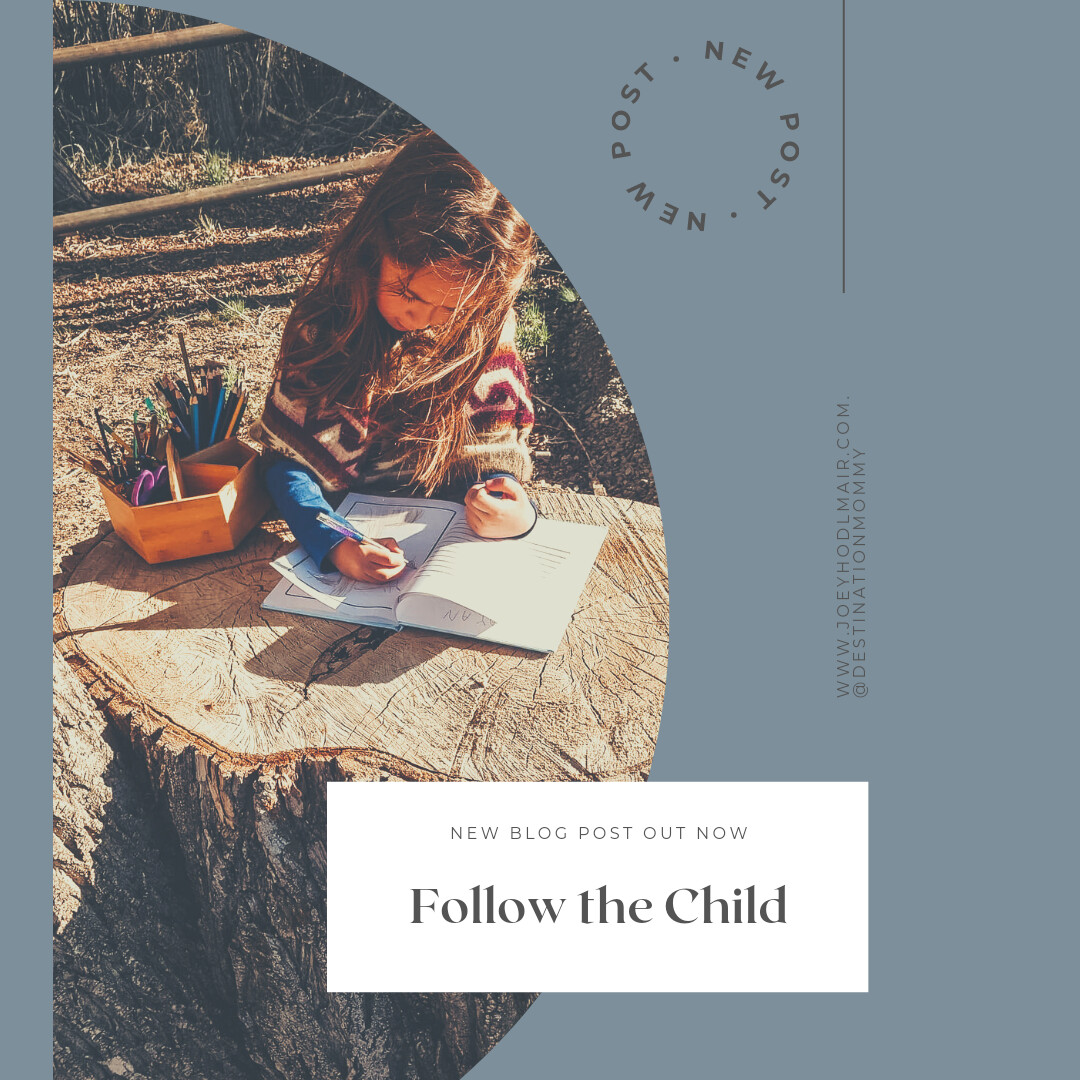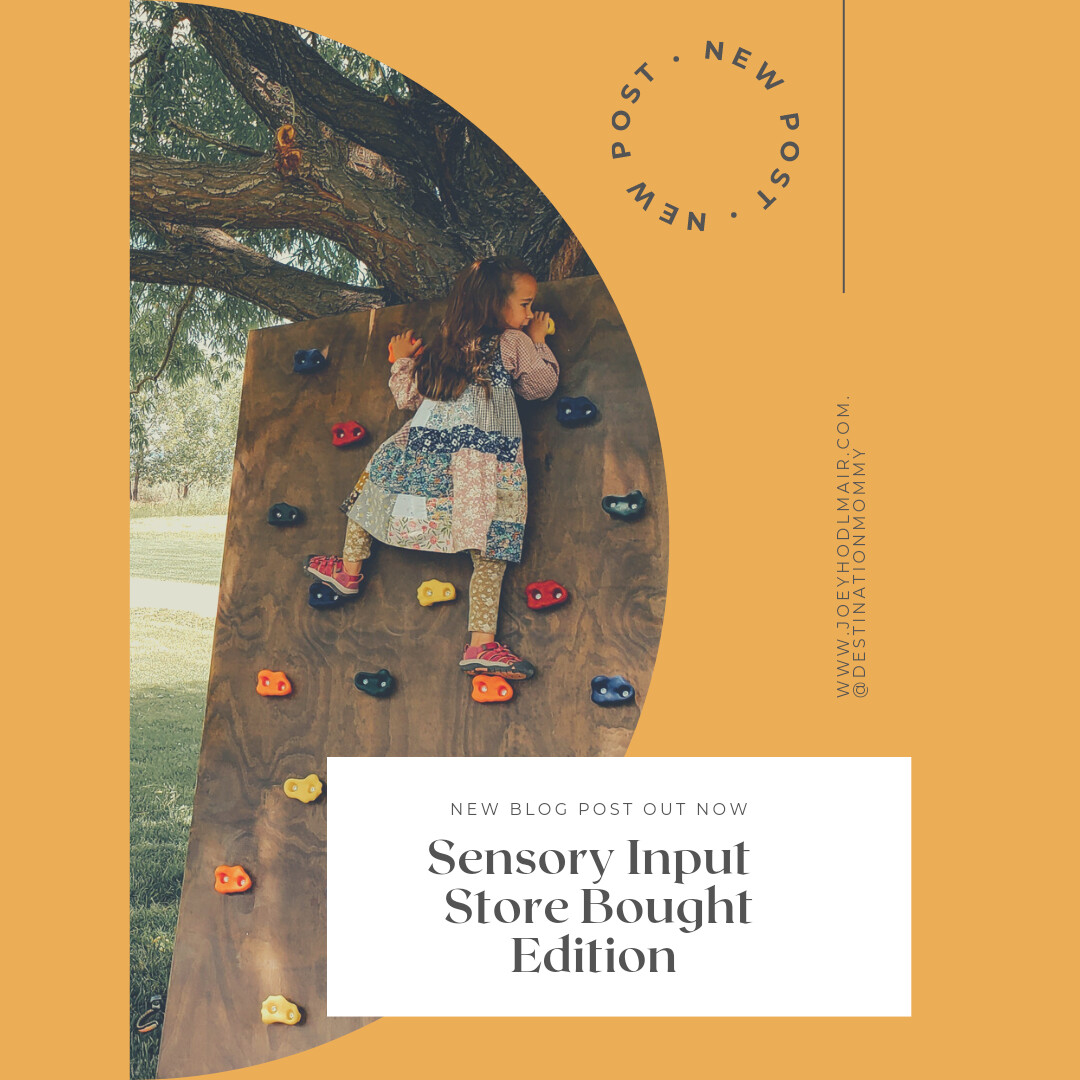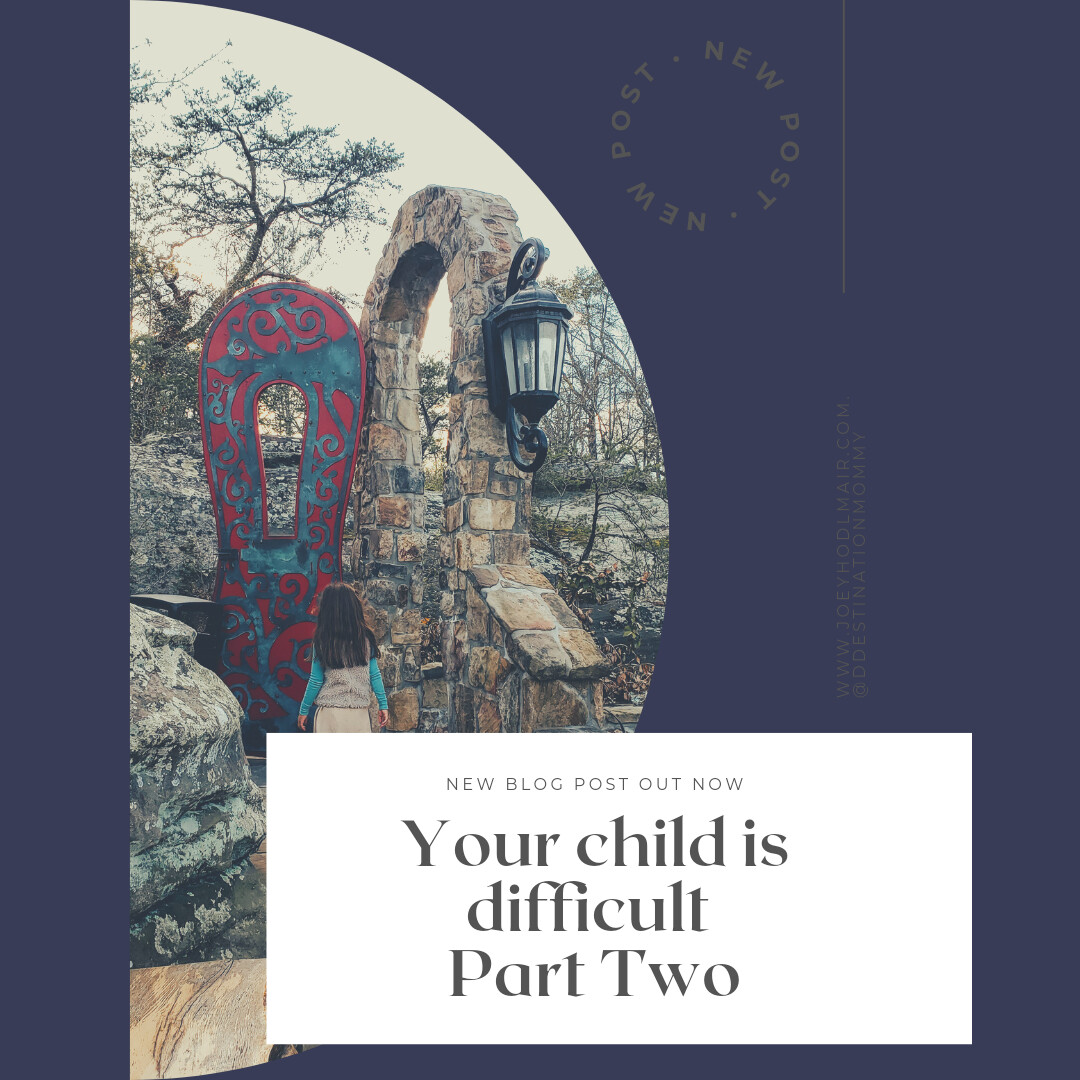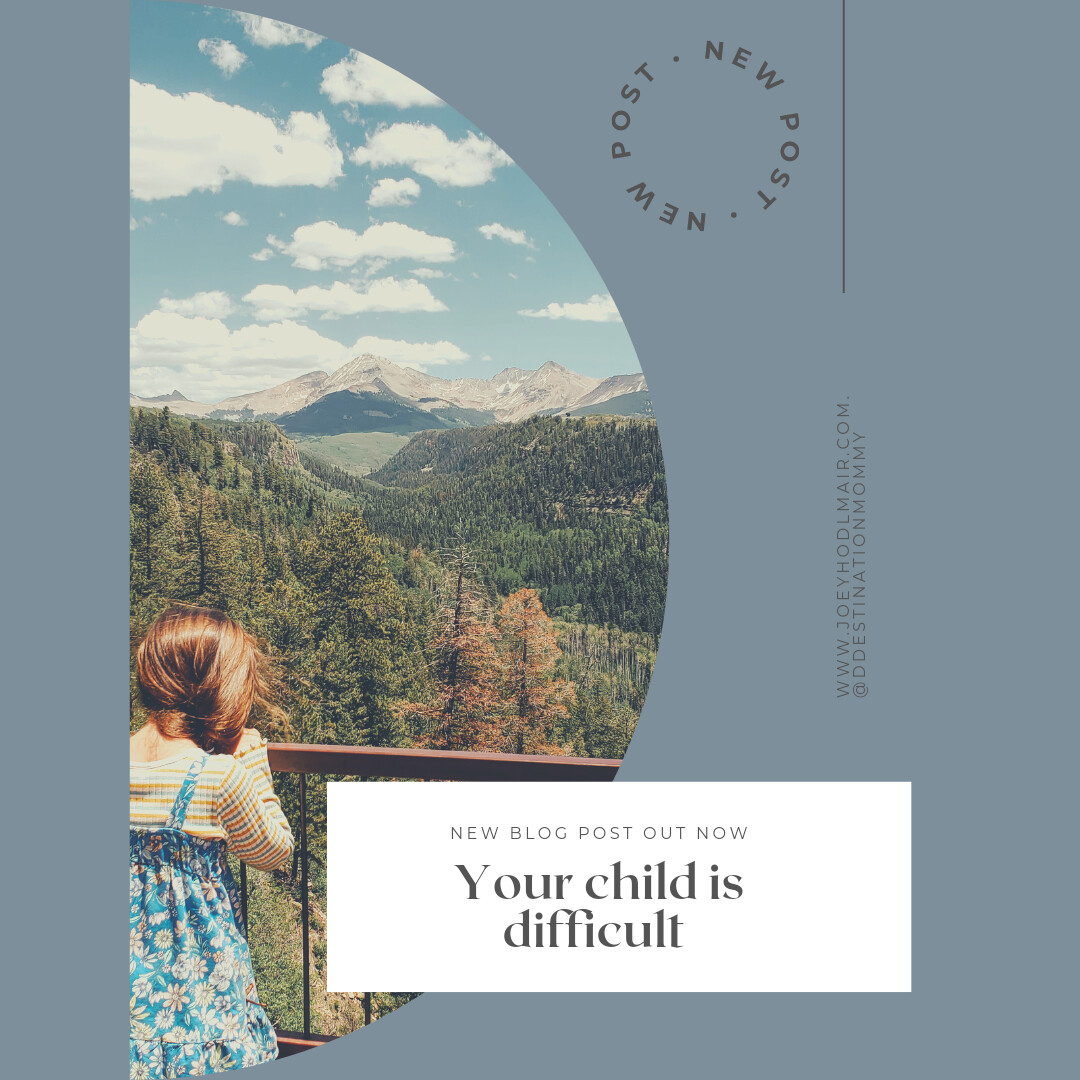Am I doing my part to raise a generation that cares? The first time I asked myself this, I was standing in front of 18, 5 year olds. 18 children that were in my care for 8 hours. 18 lives that I would impact. It was an amazing and frightening feeling. Amazing because I had the opportunity to raise the future, yet frightening for the same reason. What if I failed??? Guess what! I failed, but in my failure, I learned more than I thought possible and so did the little minds watching me. I learned that the future was also raising me.
It was my first day of teaching solo and I reminded myself of my why. I was in the classroom to share my love of learning and to love and learn from the children I spent the day with. I share this because talking/learning about racism isn't a one day thing. It isn't a reaction to something terrible going on in the world. It shouldn't be something you focus on for a month and then move on. Like everything else it should be a part of everyday life. Not necessarily racism, but the conversations around how each of us is different because racism isn't the only issue. I feel like it's a bigger picture issue that is so much deeper. I feel like it's partly due to ignoring the past and believing we are beyond that.
My approach as a classroom teacher (and now as a stay at home mama) is to share how we are all unique and to discuss how we all bring something wonderful to the table, but to also talk about how people weren't/aren't always kind and to discuss how this makes us feel and how we can do better. These conversations are some of my most treasured memories, because the heart of a little one, is pure and so beautiful. Children are filled with love and acceptance for others. This lens stays intact unless it's smeared with hate and misinformation.
My job was also to be honest and fair with the knowledge I shared. Tricky to do with little ones (that aren't yours) which is why I can't stress enough that these conversations need to happen at home. Don't skate around the truth, instead find ways to talk about the past, present and future in a way that meets where your child is. AND DON'T underestimate your child's heart and ability to absorb information, even your youngest. Children are as smart as we believe they are.
Some of the things I did and continue to do with my daughter: On a regular basis, have bookshelves filled with stories that include children from all races, disabilities/abilities, cultures, genders... Don't bring out "special" books just for Black History Month or...I digress. Have honest, yet age appropriate conversations. And answer the hard questions. If you don't have the answer, seek it, but don't neglect your child's wonder. Children will teach you more than you can imagine if you let them. Allow them to be curious. Allow them to be fearful of the unknown, because that's where growth happens. Allow them to make judgements, don't squash their thoughts (in doing so, you're modeling exactly what you're trying to change) instead talk with your child, grow with them and help them navigate their ideas.
Above all be the example and do the work, don't leave this job for the classroom teacher. It begins at home. In my next post, I'll share some of my favorite books to have in the classroom and home.
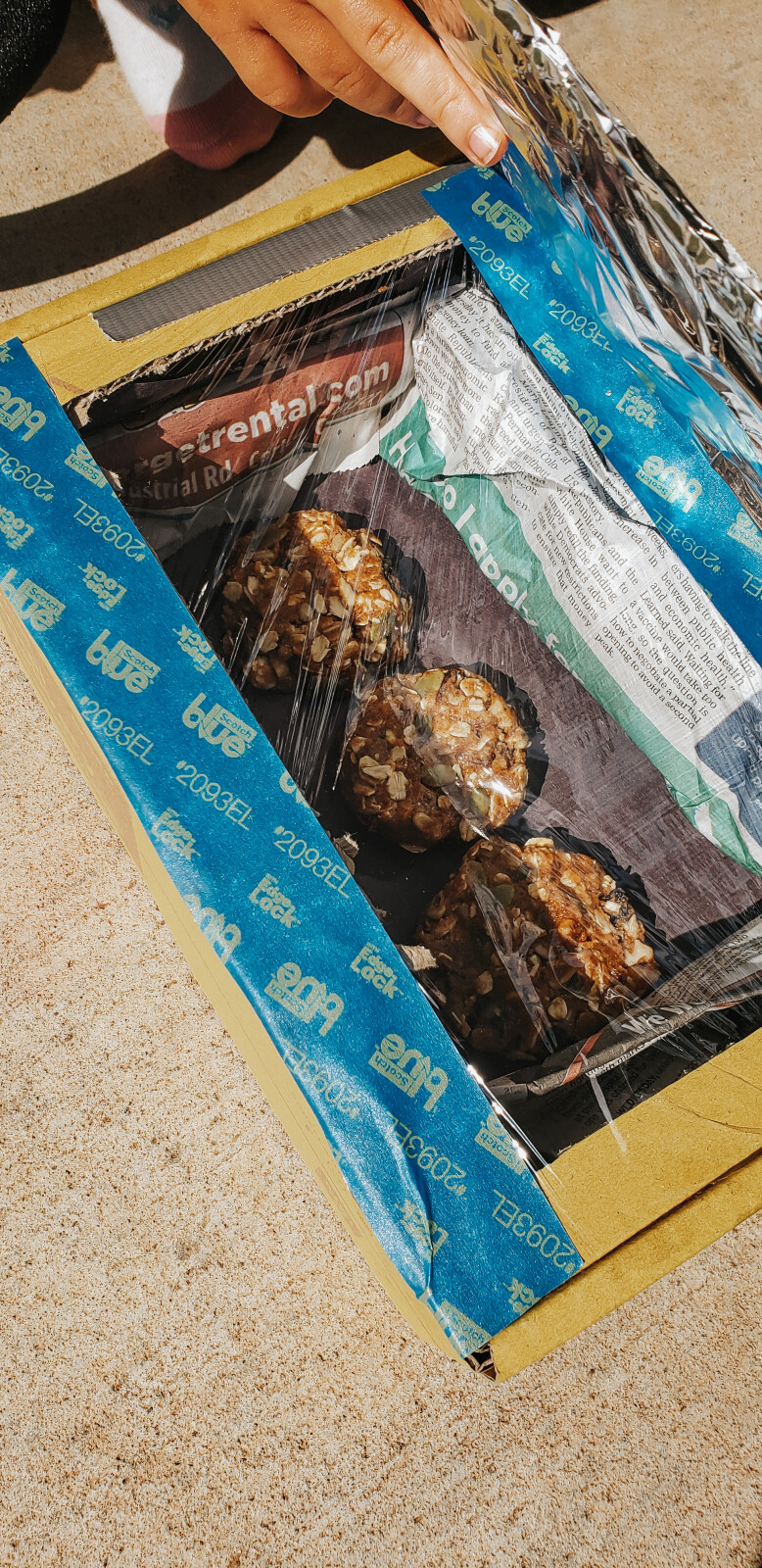
An engaging way to learn about how the sun provides heat and just how powerful that heat is!
I remember my first time doing this with my class. So much excitement and anticipation. This isn't an original idea, you can even buy solar ovens, but we made ours. It's simple and you can use recycled items!
I have added the link for making a solar oven, since daddy didn't take step by step pictures while making ours.
We made trail cookies, but any cookie works. Hope you enjoy!
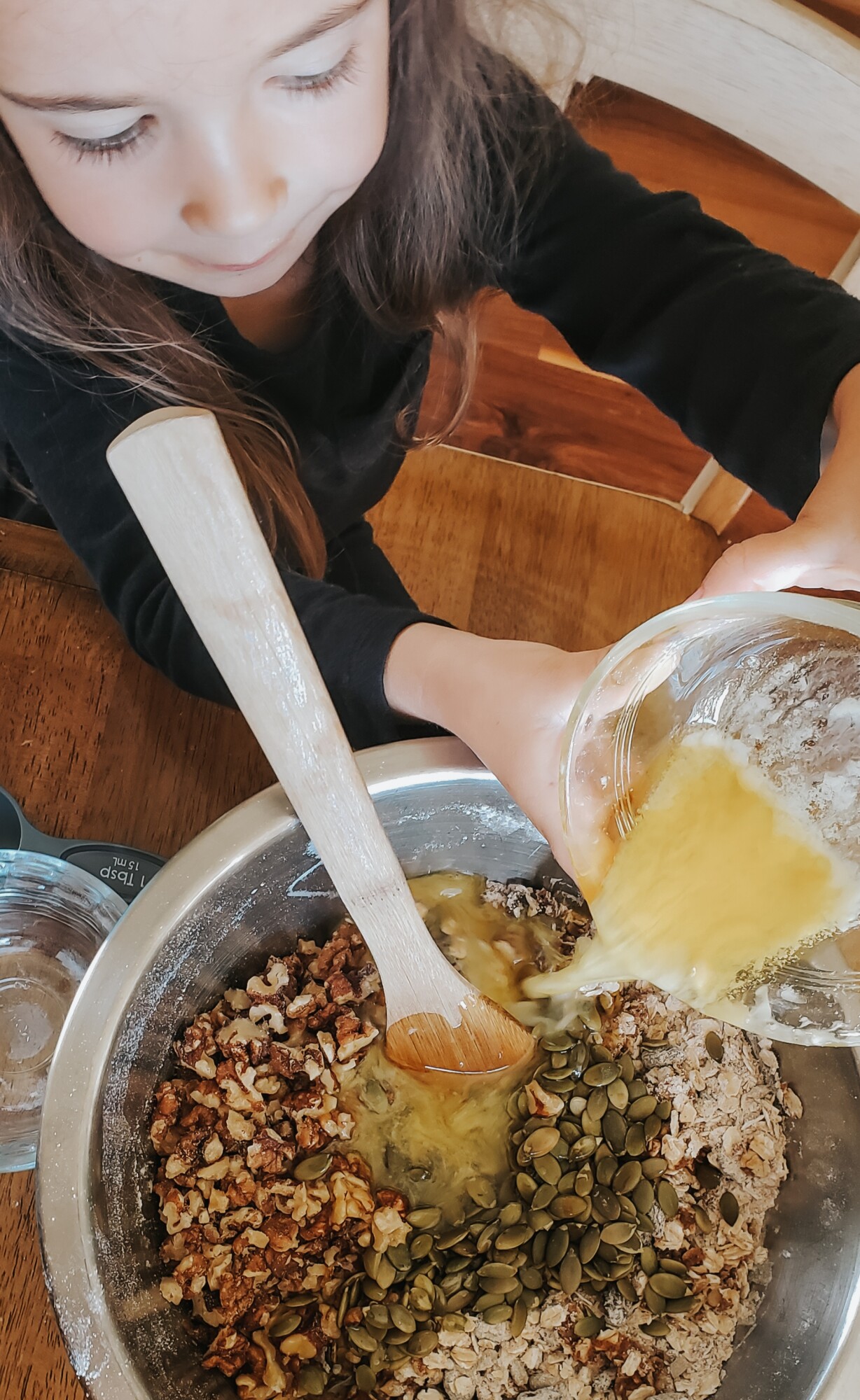
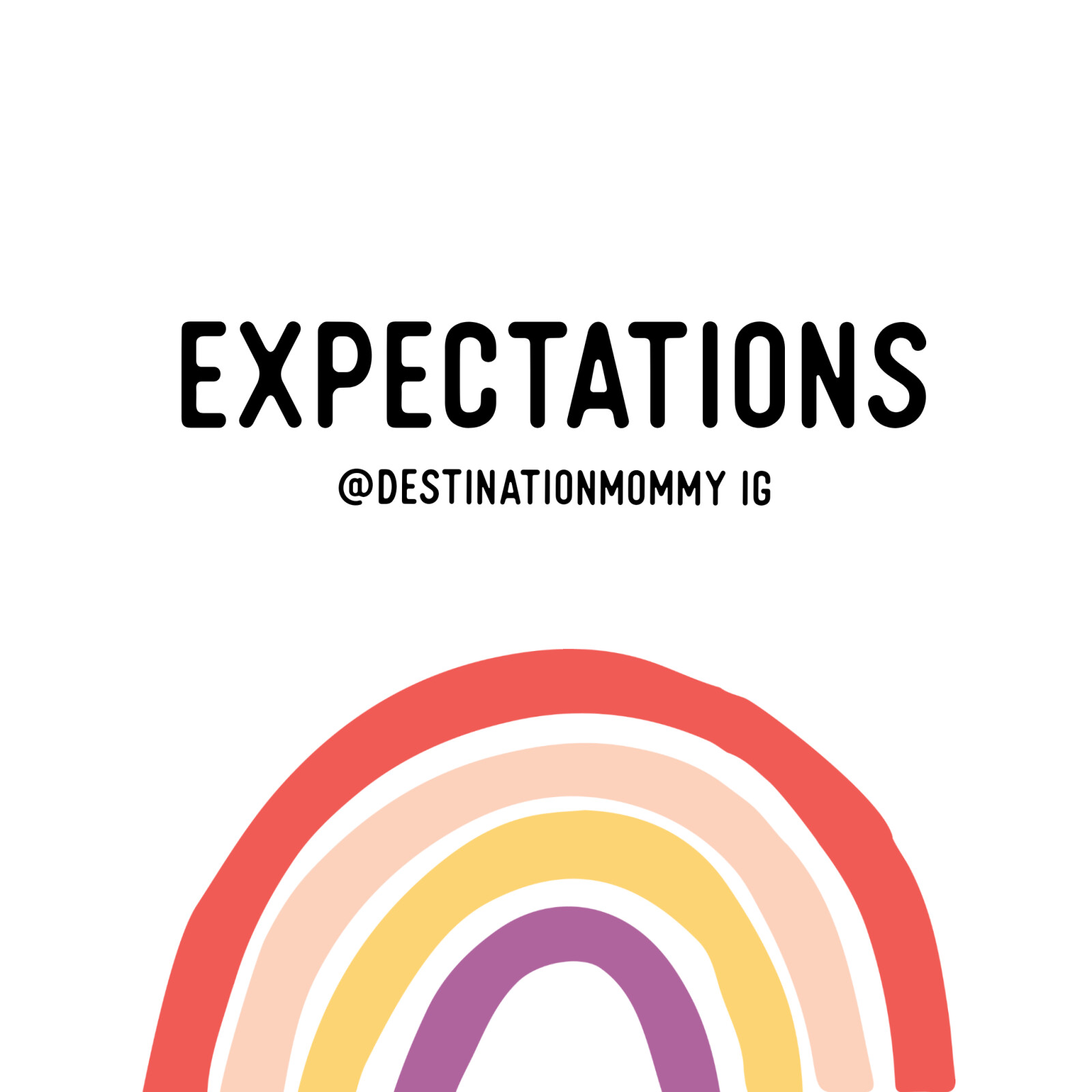
Expectations. Are we a model for what we would like to see or a model of the behaviours we are trying to break?
It's so easy to expect and even require or request of others, especially our littlest ones, yet forget that our actions are observed and our children more often than not, are mirror images of their environment. And while they are unique, in so many ways, they are also mini versions of us.
How we treat ourselves, our significant other, family, friends...plays a huge role in our children's behavior.
That old saying. "Do as I say, not as I do." I just can't. It's so wrong to expect something we aren't willing to do ourselves. I have actually heard this used very recently and I cringe because everything we learn, even as adults is observed, studied and practiced. When we are surrounded by something, in time it becomes a part of who we are in one way or another.
Are there exceptions? Yes, absolutely yes. I have worked with several families that have a child or children with behavior disorders or other predispositions that throw this whole idea of modeling out the window. There are always exceptions.
My focus is on the majority and how who we are, even what we think and say, molds our children.
Some things to consider
1. Are you patient with yourself, your spouse and others?
2. Do you model self respect?
3. Do you model failure and how you work through that or ask for forgiveness?
4. Do you apologize?
5. Do you persevere when something is hard or give up an move on?
6. Do you struggle and show how you work through the struggle?
7. Do you ask for help?
This list is never ending. A simple way to check in-listen to the expectations you have for your child and see if you're a model of those.
Reminder-We all have bad days, it's how we handle them and move forward that impacts our little ones.
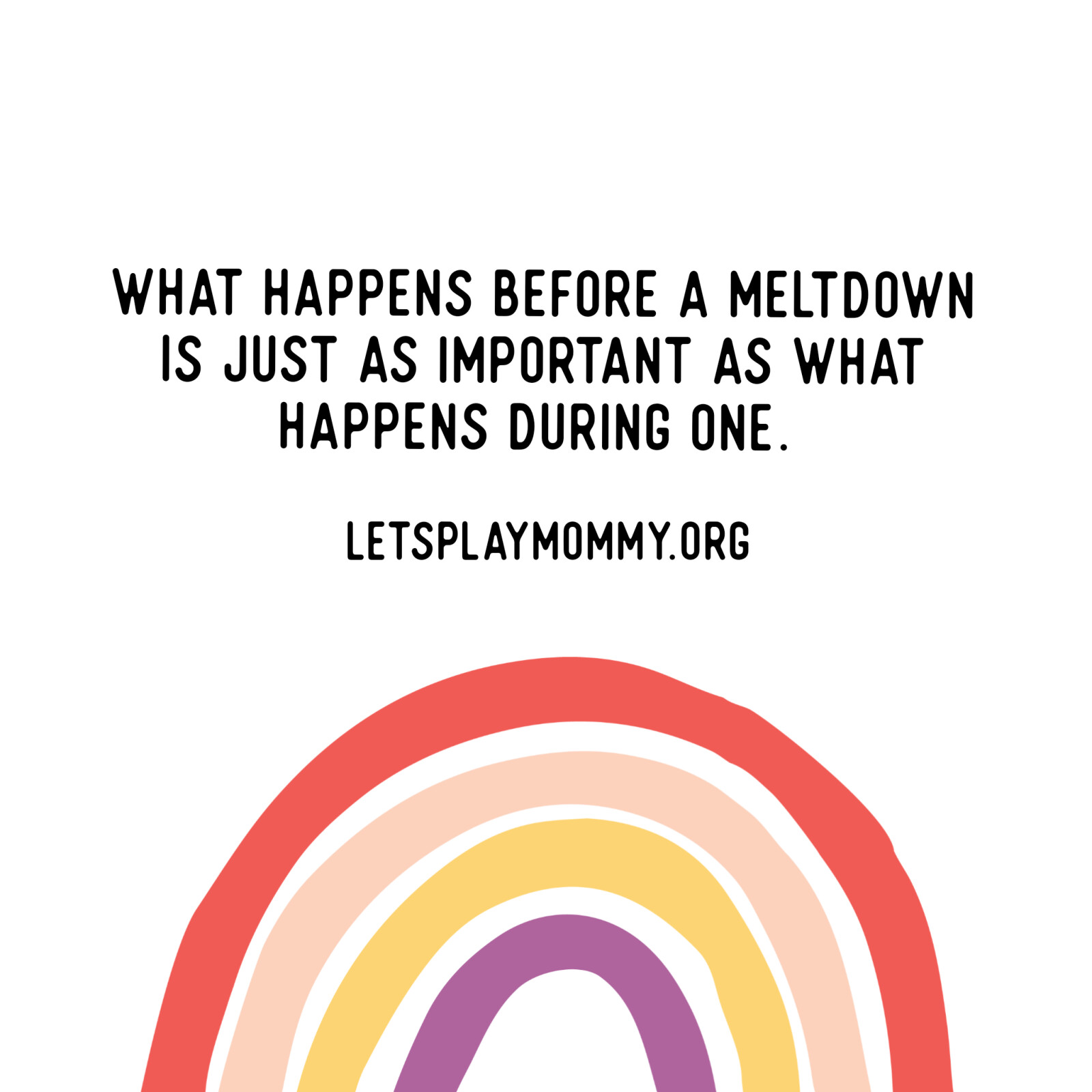
If you read my previous post I talked about focusing on the positive behaviors and making a big deal of all the good that happens in a day, while ignoring any negative unless it was harmful to anyone or anything. I know this is hard to do. Children are strong willed and more often than not can stand their ground longer than we can stay focused on the bigger goal (retraining how a child seeks attention). This is key though.
Focusing on the positive isn't as easy as it sounds. We often just enjoy the positive, but forget to recognize it/make light of it. Littles thrive when they are recognized. It's a developmental stage. The asking over and over for you to watch or look or did you see that, it's all part of seeking attention. If they receive attention for the negative, they will continue to seek that attention. Shifting our focus and making light of the good, takes practice, but it's so worth it. Examples of positives to focus on (there are thousands, some tiny, some huge. Please share any you can think of).
Helping clean up or seeing your little one put something away without prompting. Your response- I appreciate it when you help clean up, makes it go fast! I would also throw in the occasional, “Wow that went so fast, now we have time to do that dance you wanted or…” This just adds to the anticipation and the desire to receive praise for the good.
Wiping up a mess or asking to help clean a mess. Your response-Thank you for cleaning up the mess all by yourself. Your such a wonderful helper.
I see you’re upset and appreciate that you used your words and tears instead of your hands. It helps me understand how I can help you. I see how upset you are. My heart understands.
Wow, look at you picking out your own clothes! When you help mommy/daddy it gets the job done quickly and then we can go play.
Oh my goodness, thank you for sharing (whatever it is no matter how small) that with…I can see it made your brother smile.
Yay! You used nice hands, thank you! Our hands are made to help.
Wow you ate your fruit (or whatever it is), that helps our bodies be ready to go play. Thank you for stopping to eat.
I was once told that praising the good would leave me with a classroom full of children that always needed to be praised and sadly I have heard the same in regards to my daughter. The opposite is true. Constant praise wasn't needed after we shifted gears, but it became normal and I find that it builds a respectful environment. Hearing my students praise others and even other adults was a huge reward. Nothing wrong with positive words making someone's heart swell! Yes, things are often done without any recognition, just because it feels good. So for the many that see praise as a negative thing, don't worry children still do things out of the good of their heart.
Moving on-Meltdowns and triggers. An important part of the puzzle.
As I began to shift my focus to positive behaviors I had to look at the bigger picture in my classroom (this applies for home as well). I was on the hunt for what was happening before major meltdowns. That is step one. Was there a trigger? Certain time of day? Location? How was I feeling before a meltdown (our energy is often reflected in our child)? Had we been outside at all? Anyone feeling unwell? Was this happening before eating and more importantly after eating (food allergies and sensitivity to dyes plays a huge role in behavior)?
Once I had an idea of what was happening before meltdowns, I was able to squash several of the issues with a few adjustments to my schedule. Being hungry was a huge factor. So I took time to add another snack break. At home you can set up a place for your little to grab their own snacks or know the time they need some food and have something on hand. Another trigger was transitions. I was not leaving enough time and therefore I felt anxious and that energy transferred to the little ones I was with. It happens with my daughter as well. Simple solution, I carve out 10 minutes on top of what I think I need in order to transition (for my daughter that is often 30 min). I also give several time warnings. We have 10 minutes left. We have 5 minutes left. It's almost time to leave, how can we help each other so that we are out the door in 1 minute? Make it fun-I'll race you to the door, ready? Sometimes children just need a break, time to recharge. They are constantly going. Other times too much of a break (too much TV no judgement) can lead to meltdowns.
Knowing the triggers and being prepared changed so much for me. Just like we do with meal prep. we have to meltdown prep and be ready to support.
My response to a meltdown. Respect, deep breaths, holding space, essential oils and privacy. Our little ones are human beings, they aren't “just children.” I wouldn't want to be yelled at in the store, neither do little ones. I know for myself, I often need space, but with someone near. Children need this as well and that is why holding space is so important. So what do you do when you're in the middle of the grocery store and a meltdown happens? A lesson from my mom. I was 3 when I had when of the biggest meltdowns of my toddler years. My mom took her grocery cart to the front and asked the clerk if they would put in the back and out to the car we went. She sat with me and waited until I was ready for a hug and ready to talk. She also had raisins! I was overloaded (still get this way) with all the lights and people and…Staying in the store to calm me or to bribe me would have added fuel to the fire instead of extinguishing it. I mention this, because I know is’s easier to say “Here can I give you this to calm down” or…but this creates a habit you're trying to break or avoid.
I am anti time outs and anti isolation. My husband works with children with severe behavior disorders and even he will tell you that isolation does very little. He has sat in the corner of a room with a barrier (to keep him physically safe) in order to hold space. Sometimes he has sat for hours, yes hours. The transformation he has seen would make anyone a believer in holding space. I mention the physical piece of this, because sometimes children have learned that hitting and so on gets attention, I won't go into this, but you can still be present and hold space for a child like this, you just have to be a little more creative. Can you do this with all children in all situations, no you definitely can't. Trust me, I understand true behavior disorders and children that will go to any length. I am just sharing a light on holding space and being here for our little ones.
What to say during a meltdown. As little as possible. A child's brain takes approximately 20 seconds to register information and more often than not our questions, reassurance or demands comes way too fast. When my daughter is struggling, I'll often repeat the same words I use when she is calm. I love you, I respect you, I am here for you. I only say this a few times. I'll offer a snack off to the side and water. At first it may be ignored or even yelled at, but in time it's usually devoured or shared as a way to say, I’m ready to talk and I am sorry.
Do I demand an apology, no. I don't believe in forcing someone to apologize, but I model how amazing it feels and we talk about it all the time. I also don't force physical affection (a hug to apologize or) because I believe that is also something a child needs to do on their own. Model, model, model. When you get upset with your husband or wife, model how you handle that. Talk about it. Like all else it begins at home and behaviors aren't magically learned they are something seen and absorbed.
Most important thing I have learned is to take my negative feelings out of the situation during the meltdown. To be present, put the phone away during this time. To honor my child’s ever growing body and brain. To apologize when I mess up and to be an imperfect examone for my child. To love and respect my child for who they are.
I would love to hear from you! Share anything! Any lightbulb meltdown moments? We are all in this together.
